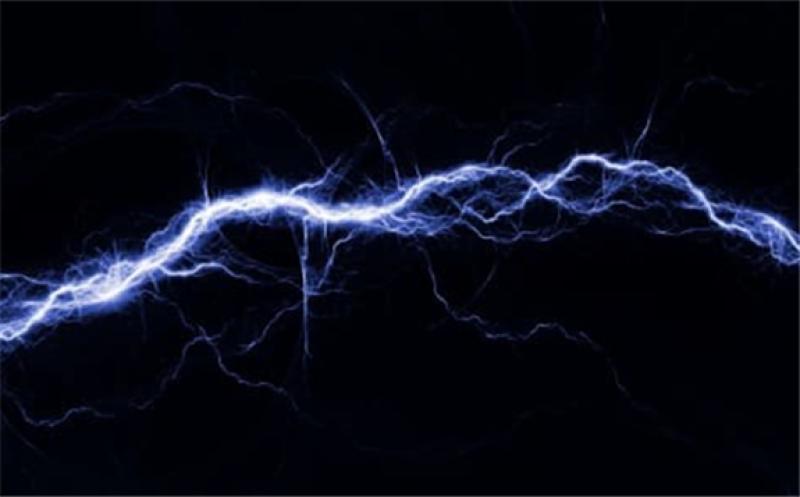In the international electricity markets, countries fall into one of three categories: those that provide adequately for their needs like the US, those with excess reserves like Canada and those in deficit. The UK is in a deficit by about 7% of its annual requirements. Undersea cables linking the UK’s grid to mostly nuclear power stations in France and the Netherlands make up this deficit.

But as part of Brexit negotiations concluded just recently, the French government tied the UK’s access to bulk electric power to European Union (EU) fishing access in UK waters. Both fishing rights and electricity access will be up for renegotiation at the same time in 2026. That does not leave a lot of time to secure alternative bulk wholesale power in case the Europeans cut the cord.
The UK has been trying to develop power alternatives, with an enormous focus on new nuclear that has yielded relatively few megawatts at considerable expense. (As an aside we believe that when the history of this period is written these large 1,000 megawatt plus sized facilities will be viewed mainly as a weird distraction) especially if small modular reactors enter commercial service en-masse.
But what to do if you’re a UK planner with regard to future electrical demand? The UK’s electrical demand peaked about a decade ago and has been in a one way decline. Should we assume the trend continues? If so, there may be little future need for reliance on mainly French wholesale power supplies. But what if the UK’s electrical demand trend reverses, for example if the transportation sector migrates to battery electric vehicles while residential and commercial users embrace induction cooking and heat pumps?
At present Europeans take about half the fish in UK waters. The UK fishing industry wants them out, period. Consequently the Brexit treaty has a clause that allows the UK to renegotiate fishing rights in its waters in 2026. And when the fishing arrangement expires so do the provisions that govern electricity and natural gas trade between the EU and the UK.
We believe that the energy trade balance in favor of the EU is somewhere around £ 3 billion for natural gas and £1-2 billion for electricity. These imports of cheaper energy keep down UK energy prices and provide valuable reserves to maintain reliability—provided they are for sale. One financial source said that renegotiation could add £ 2 billion to UK electric bills alone and reduction of imports could affect reliability of the electric grid.
The total fish trade, in contrast is valued at around £1 billion annually with half controlled by EU nationals. Or as one newspaper put it, about the revenues of Harrods department store. Will the government in 2026 bar foreign fishing fleets from UK waters knowing that the EU could impose energy restrictions four or more times the value of the potential fishing gain? And even worse, endanger grid reliability? Or do we have it wrong? Would the UK government do just that for political gain?
Perhaps UK energy planners truly believe that their nation’s electricity demand will continue to decline, making the EU electric connection less valuable in the future. This may be a mistake.
Planning and constructing energy networks takes time and money, especially to site and build electric and gas transmission facilities. The fishing vs energy aspects of Brexit add uncertainty to the medium term outlook.
If in the meantime the UK’s network companies overbuild to compensate for the uncertainty, consumers will have to pay more to support what may become unnecessary assets. If they underbuild, they might expose the nation to periods of higher imported energy prices or reduced reliability. Conceivably, either outcome could cost the country more than the benefit of regaining the fishing rights. And what about energy users trying to plan their expansions? Want to locate in a place where energy prices and reliability depends on the fish catch?
Tying electricity prices to fishing rights seems foolish. But it seems like the natural result of a long running privatization saga in the UK., which since Prime Minister Thatcher’s day was committed ideologically to privatizing an essential, national industry like electricity while at the same time permitting it to be owned (sometimes by foreign state entities) and headquartered elsewhere. It seems that for Dame Thatcher crushing the coal miners and other unionists was more important than maintaining energy self-reliance.
This political and economic gamble has paid off in recent decades, in the sense of waning usage and declining union strength. But if UK electricity demand rebounds sharply or reliability issues emerge, then UK consumers may find themselves vulnerable to a sudden escalation in European wholesale power prices. And now those prices may have a lot to do with demand for fish.
This article is reproduced at oilprice.com